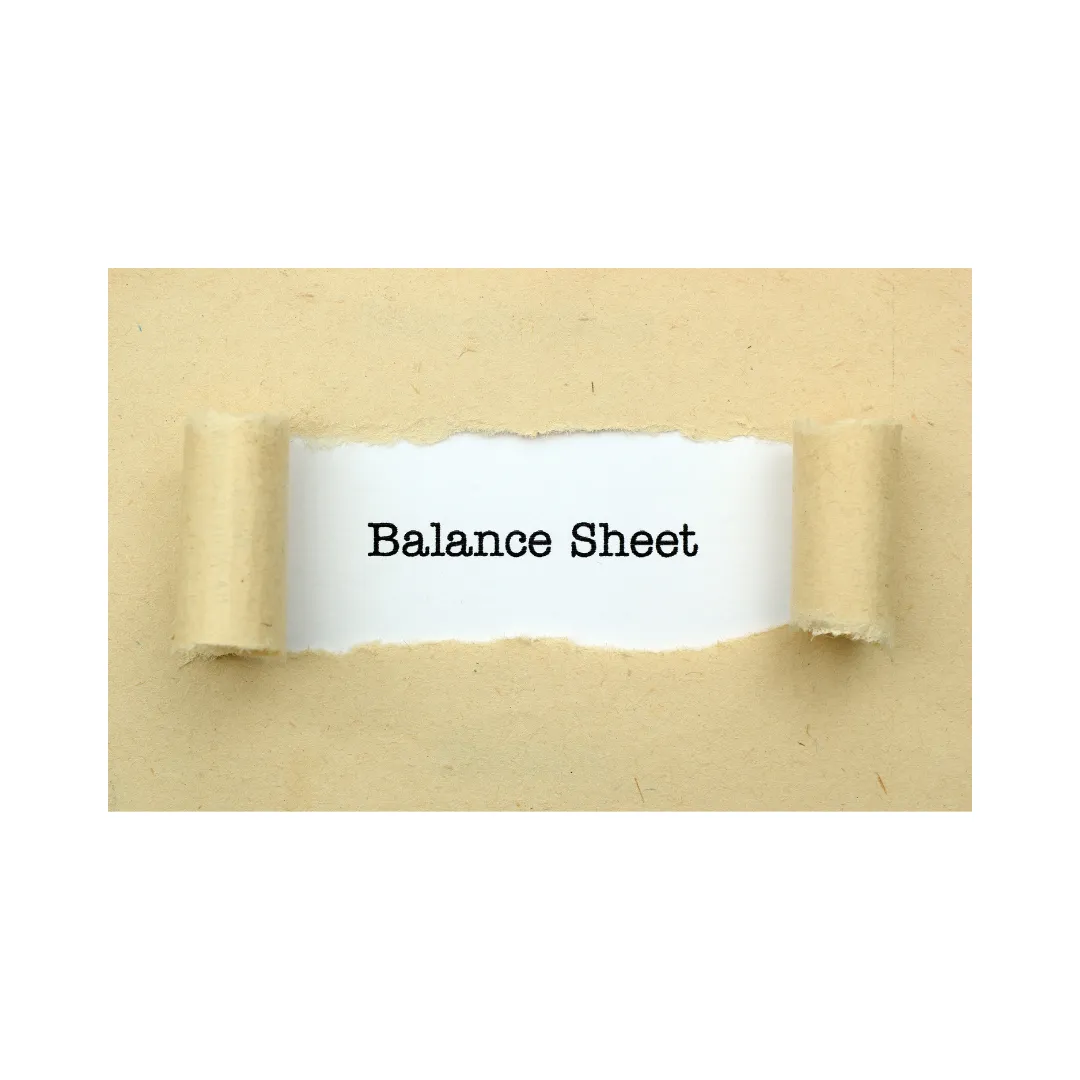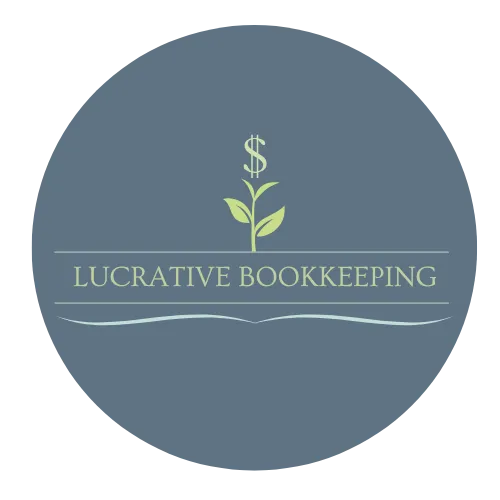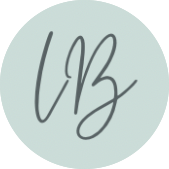Blog

What is the Balance Sheet, and is it Important?

In this next issue of our series on financial statements, we’re going to cover the Balance Sheet in more detail. If you have a bookkeeper (or handle your own bookkeeping), you’ll want to go over this statement with them at least once a month.
The Balance Sheet is typically the first financial statement to be looked at, and answers the question of “What is the Equity (Capital) in my business?” What does that mean exactly? Think about how much your business owns and owes, and what’s left over. This is similar to calculating one’s net worth, and you can tell your ownership in the business with this report.
The Balance Sheet is taken as a snapshot, at a specific time. It gives a very good overall picture of your business’s financial health. For example, by seeing how much debt the business has, compared to its cash or other assets, one can get an idea of how the business is doing. Many businesses need to take on some type of debt, but if a business is “over-leveraged” (which is a fancy word for too much debt), this can definitely have a negative impact on the business.
The order of accounts given in the Balance Sheet are: Assets, followed by Liabilities and Equity. For those who are familiar with the accounting equation (Assets = Liabilities + Equity), it’s the accounting equation in financial form.
What are some examples of the different types of Balance Sheet accounts? Here are the three groups they fall under, with a little information on each:
Assets: Things your business owns. This could include physical cash, money in the bank, money that is owed to you by clients, or machinery or vehicles that your business owns. If you’re a landlord, the building you rent out to tenants is an asset. These all show up with their dollar amounts on the Balance Sheet, depending on their fair market value.
Liabilities: These would be debts your business has. For example, if you have a small business loan, financed equipment or vehicles, these would all qualify as liabilities. It also includes any money you owe to vendors, or credit cards. In the example I gave of the landlord above, if he or she had a mortgage on the rental property, this would be recorded as a liability.
Equity: What is the equity? To keep this simple, think with what’s left over after deducting the liabilities from the assets. If a business has $100K worth of assets, $50K worth of liabilities, the equity would be $50K. And reversely, if liabilities add up to more than the amount of assets, there’s going to be a negative equity situation in the business.
What are some types of things to look for when reviewing your Balance Sheet? It would be hard to cover this topic fully in one article, but I want to give you a few helpful tips to think about when reviewing your Balance Sheet. If you have a bookkeeper or accountant, make sure to ask them about any questions you have!
Cash: It’s said that the lifeblood of any business is its cash. Do you have enough cash to cover your monthly expenses, as well as reserves to get you through any slow periods? There are different schools of thought on how much cash you should keep around, but I would recommend having at least enough to get you through a few months if your business hits a downturn.
Inventory: Does your business track inventory? How much do you have on hand? Are you keeping too much around, or are you running low? Keeping an eye on this account is very important.
Equipment, vehicles, etc.: Does your business need machinery or equipment? Tracking your assets, as well as any accumulated depreciation, will help to give you an idea of how much useful life is left, before needing to be replaced.
Accounts Receivable: If you deliver services before payment, you want to make sure you are in fact getting paid. This account tracks what you’re owed. Ideally, you wouldn’t want this account getting too high, as you deserve to be getting paid for your work!
Accounts Payable: What bills do you owe? One way to upset a vendor is not paying them on time. Keep an eye on this account to make sure you’re paying your bills when due.
Bank loans: Does your business have a loan with the bank? How much is remaining on it, and how much is due over the next year? The Balance Sheet can give you these numbers.
Contributions and Distributions: This will tell you how much money has been put into the business by the owners, as well as taken out. Can the business support itself without extra funds needing to be invested by the owners?
Although this is just a brief article on the Balance Sheet, I hope it helped to give you some useful tips and information. There’s lots to learn on it, and it’s a very important statement for your business! Do you have a bookkeeper? If so, make sure to ask him or her any questions you have on it!
If you are otherwise looking for a bookkeeper, feel free to contact us for a free consultation!
Do you have any questions, comments or feedback? Email us at [email protected].


Lucrative Bookkeeping
(727) 291-8857
690 S Main St. #783
Safety Harbor, FL 34695
Copyright © 2025 Lucrative Bookkeeping




